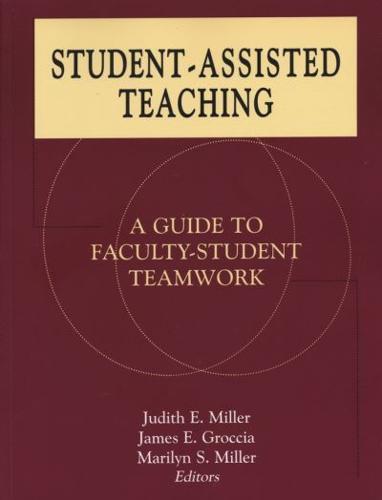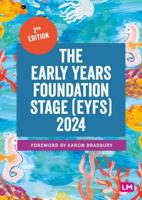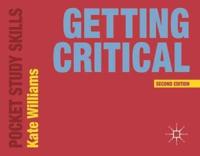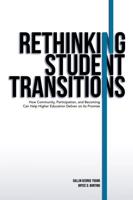Publisher's Synopsis
This innovative handbook provides a range of models for undergraduate student-assisted teaching partnerships to help faculty, faculty developers, and administrators make learning more student-centered, more effective, and more productive.
Each of the 31 models included in this volume is supported by practical details and focuses on four main aspects of a specific peer-assisted learning environment: implementation, evidence of effectiveness and learning benefits, analysis of time and cost expenditures, and suggestions for replication. Contents include discussions of working with undergraduate partners in several areas:
- Programs for first-year students
- Difficult courses
- Special groups
- Courses and programs for all students
- Faculty development
The chapters present a range of approaches, applications, disciplines, institutions, and contexts, and demonstrate that student-faculty partnerships can be adapted to meet diverse needs in a variety of situations. Extensive appendices aid implementation by providing concrete examples of hiring documents, training syllabi, teaching materials, and evaluation methods.









